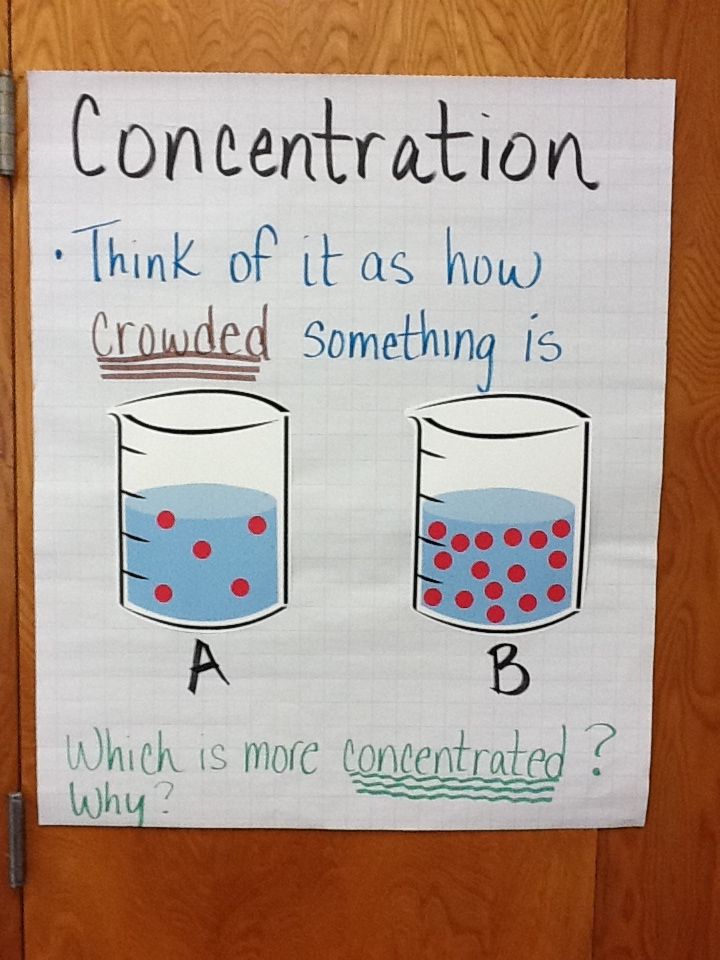The Essential Question to Ask Yourself When Choosing a Career Path
Introduction: The Power of One Good Question
When faced with the pivotal decision of choosing a career path, many people feel overwhelmed by options, expectations, and uncertainty. While countless factors can influence your decision, experts agree that asking yourself a single, well-crafted question can provide essential clarity: “Does this career align with my strengths, interests, and values?” This question encourages deep self-reflection and helps you make an informed, authentic choice that can lead to long-term satisfaction and success [1] [2] [3] .
Why This Question Matters for Your Career Path
Career decisions are among the most impactful life choices you’ll make. Your career shapes your daily routines, income, sense of purpose, and even your identity. By focusing on whether a career aligns with your strengths , interests , and values , you ensure that your choice is not only practical, but also personally meaningful. Research from career experts and educational institutions emphasizes the importance of self-reflection as the foundation for making informed career decisions [1] [3] .
Breaking Down the Essential Question
Let’s examine the three core components of this question and how each guides your career exploration:
1. Strengths: What Am I Good At?
Identifying your strengths allows you to pursue roles where you are more likely to excel and feel confident. Strengths can include hard skills like data analysis or programming, as well as soft skills like communication or leadership. Begin by listing your natural talents, skills you’ve developed through education or work, and areas where you consistently receive positive feedback [2] . For example, if you are detail-oriented and enjoy solving complex problems, careers in engineering or finance may be a good fit.
Action Step:
Consider taking a strengths assessment or asking colleagues, friends, or mentors for feedback on what you do well. Use their input to inform your career research.
2. Interests: What Do I Enjoy Doing?
Choosing a career that matches your interests increases the likelihood of long-term job satisfaction and motivation. Reflect on activities that make you feel energized, subjects you enjoy learning about, and hobbies that capture your attention. For example, if you love helping others, a career in healthcare, education, or social work may be fulfilling [1] .
Action Step:
Make a list of your favorite activities, both inside and outside of work or school. Research industries and roles that allow you to engage in similar tasks on a daily basis.
3. Values: What Matters Most to Me?
Your values influence what you find meaningful and rewarding in a career. These may include work-life balance, job stability, opportunities for growth, making a positive impact, or financial security. When your career aligns with your core values, you are more likely to feel fulfilled and less likely to experience burnout [3] .
Action Step:
Write down your top five values. Compare these with different industries and companies. For instance, if environmental sustainability is important to you, look for employers or sectors that prioritize green initiatives.

Source: progressive-charlestown.com
Practical Steps to Answer the Question
To effectively answer whether a career path aligns with your strengths, interests, and values, follow these practical steps:
- Self-Assessment: Use validated tools such as personality inventories, skills assessments, and values clarification exercises available through career centers or reputable online platforms.
- Research: Explore job descriptions, industry outlooks, and required qualifications. The U.S. Bureau of Labor Statistics Occupational Outlook Handbook is a reliable resource for job data and future trends.
- Informational Interviews: Connect with professionals in fields of interest to gain first-hand insights. Prepare questions that probe into daily tasks, challenges, and rewards. For guidance on how to conduct these interviews, consult career advisors at your school or local career centers [4] .
- Job Shadowing and Internships: Seek out opportunities to experience different roles first-hand. Many organizations offer internships or shadowing programs for students and career changers.
- Reflection: After gathering information, revisit your lists of strengths, interests, and values. Evaluate which careers consistently align with these factors.
If you’re a student, your college or university may offer access to career exploration assessments and one-on-one advising. Contact your institution’s career services office for personalized support [5] .
Overcoming Common Challenges
Career decisions rarely follow a straight line. You may find that your interests change over time, or you discover new strengths through unexpected experiences. It’s normal to feel uncertain or overwhelmed. Here’s how to navigate common obstacles:
- Uncertainty: If you’re unsure about your direction, focus on exploring a variety of fields through short-term projects, volunteering, or entry-level roles. This can help you gather data on what you enjoy before making a long-term commitment.
- External Pressure: Family and societal expectations can influence your decisions. Remember, your career is your own journey. Prioritize your personal fulfillment while balancing practical considerations.
- Lack of Experience: If you lack experience in your desired field, seek internships, online courses, or certifications. Many industries offer entry points for motivated newcomers.
- Changing Paths: It’s never too late to pivot. Adults frequently change careers multiple times. Upskilling, reskilling, and lifelong learning are increasingly accessible through online platforms and community colleges.
Alternative Approaches and Additional Questions
While “Does this career align with my strengths, interests, and values?” is a powerful starting point, you may also benefit from asking yourself additional questions, such as:
- What kind of lifestyle do I want my career to support?
- What level of education or training will I need?
- What is the earning potential and job outlook for this field?
- Does this work environment suit my personality?
- How will this career impact my long-term goals and well-being?
Institutions like Indeed and reputable educational organizations suggest regularly revisiting these questions as your career progresses. Circumstances and priorities change, so ongoing reflection is key to sustained satisfaction [1] .
Summary and Next Steps
Choosing a career path is a major life decision, but it becomes more manageable when you ask yourself the right question-and answer it honestly. Begin by clarifying your strengths, interests, and values. Gather information through self-assessment, research, and real-world experience. Use this knowledge to evaluate your options and take actionable steps toward your goals.

Source: jobike.it
You can also consult with career advisors, use online assessment tools, and seek informational interviews with professionals in your field of interest. If you are a student, leverage your school’s career services. Job seekers and career changers can explore resources through workforce development agencies, local libraries, and nonprofit organizations dedicated to career development. For official guidance, visit the U.S. Department of Labor or your state’s workforce agency website and search for career exploration resources.
References
- [1] Indeed.com (2025). 12 Questions To Ask Yourself About Your Career.
- [2] Chippewa Valley Technical College (2025). 5 Questions to Ask Yourself When Considering Career Options.
- [3] EHL Insights (2024). How to choose a career? 10 essential questions you must ask yourself.
- [4] Berxi (2022). 15 Questions to Ask Someone in the Career You Want.
- [5] Wellesley College (n.d.). 20+ Questions to Jump-start Your Career Exploration.



